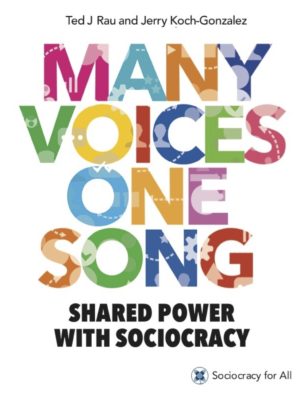A great concern of the Global Circle of the international sociocratic certification body is and has for many years been convinced that certification is essential to preserving the core principles and their proper application. In addition to a concern about the principles being misapplied and the method misrepresented, the Global Circle is concerned about “sociocracy” becoming like “democracy” — having no definition and the name being used by anyone inaccurately, even deceptively.
Professional associations are a good way to establish standards and credibility in new fields. They can give some measure of assurance to clients that the person they are trusting to reorganize their companies has a certain level of training. Professional associations also form an information and education network for their members — very important functions. Individual certification and professional associations are not just about selling yourself to clients.
To focus only on certification, however, is more likely to produce rigidity than rigor. It has already inhibited the growth of sociocracy.
Gerard Endenburg began developing his method in 1970 and established the Sociocratisch Centrum in 1978 to implement sociocracy in other businesses and in other countries. While there are many companies and at least one international and one national associations using the method, in 2010, there are only two certified consultants in the United States. One is mentoring ~20 people whose aim is to become certified but some, by their own admission, are years away from certification since it requires an active consulting practice.
The Centrum, which has now formed the Global Circle, has been functioning since 1978. The members of the Centrum have not moved sociocracy to the forefront after more than 30 years. Jack Quarter in 2000 reported that there were 15 employees.
To move an individual or an organization to new creative heights requires autonomy, mastery, and purpose. In this case, the mechanistic thinking of reward/punishment narrows the focus to the details of certification, instead of broadening perspectives and applications of the values and principles of sociocracy. That is the chaos that produces energy.
Is there enough energy in the thinking of the Global Circle to balance the urge toward standardization with the need for integration and testing of sociocratic values, principles, and methods in the wider arena of ideas?
(Originally published 2 April 2010. Revised 24-26 June 2010)
Categories: Leadership and Self-Organization

